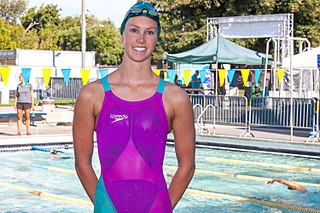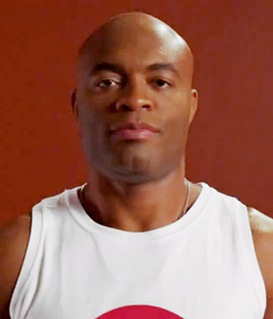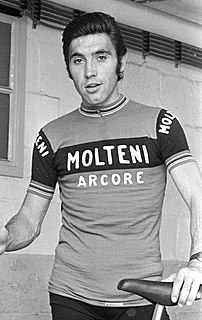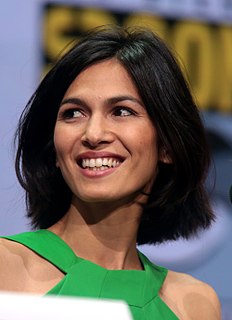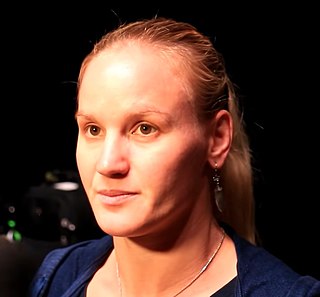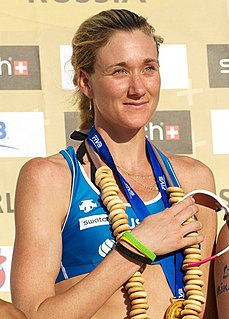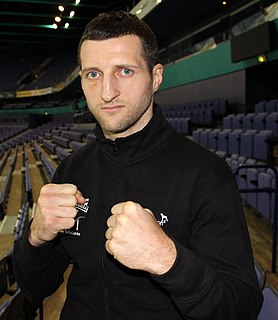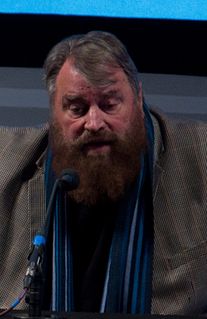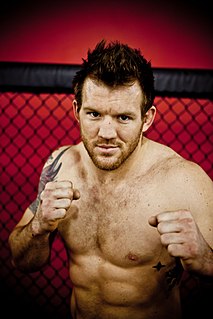A Quote by Robert Whittaker
Moving to middleweight had a massive impact on my training regime and my mental space leading into everyday training. I was training for the fight, not just trying to burn calories and get my weight down. It was a big mental relief there.
Related Quotes
In sport, mental imagery is used primarily to help you get the best out of yourself in training and competition. The developing athletes who make the fastest progress and those who ultimately become their best make extensive use of mental imagery. They use it daily as a means of directing what will happen in training, and as a way of pre-experiencing their best competition performances.
It was hard to become an astronaut. Not anywhere near as much physical training as people imagine, but a lot of mental training, a lot of learning. You have to learn everything there is to know about the Space Shuttle and everything you are going to be doing, and everything you need to know if something goes wrong, and then once you have learned it all, you have to practice, practice, practice, practice, practice, practice, practice until everything is second nature, so it's a very, very difficult training, and it takes years.

